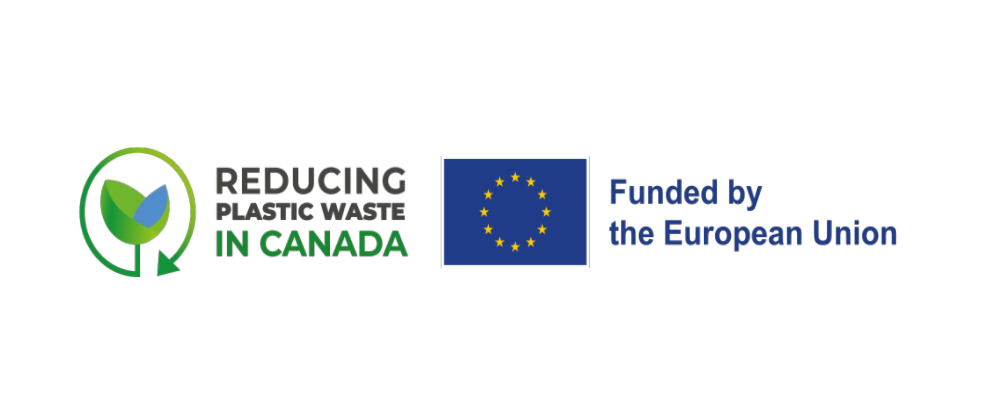Story 8: European Green Deal: Investments that Lead to a Climate-Neutral Europe
The European Green Deal is about improving the well-being of people. Making investments that lead to a climate-neutral Europe and protecting natural habitat to ensure benefits for people, the planet and economy.
Investments for a more climate-neutral and circular economy were the backbone of the first Green Deal announced in 2019. Since then, the term has evolved to represent strategic investments and initiatives by the European Union that are sector specific to achieve regional goals that address priorities circular economy and climate goals as well as clean air and water, healthy soil, contribute to biodiversity, energy efficient buildings, sustainable and green transportation, clean energy, as well as product longevity and waste reduction.
EU Green Deals has evolved to include a package of European proposals to make sustainable products the norm in the EU, boost circular business models and empower consumers for the green transition to a circular economy and a more sustainable consumption model. Linked to the New Circular Economy Action Plan (CEAP), the Commission is proposing new rules to make almost all physical goods on the EU market more circular throughout their whole lifecycle, in various categories, as part of the new Eco-design regulation proposal. As well, the newly proposed Packaging and Packaging Waste Regulation will ensure reusable packaging options, get rid of unnecessary packaging, limit overpackaging, and provide clear labels to support correct recycling.
The Green Deal approach is broad, multi-faceted, it includes specific proposals to enhance circularity for a variety of products, plastics, as well as for the textiles and construction sectors which have also been identified as sectors that contribute to plastic waste. The EU Green Deal presents the tools to move to a truly circular economy in the EU: decoupled from energy- and resource dependencies, more resilient to external shocks and respectful of nature. Investments from the NextGeneration EU Recovery Plan will finance the European Green Deal.
|
EU Example: Flemish Green Deal A Flemish initiative called the “Green Deal Anders Verpakt” or “Green Deal Packed Differently” aims to reduce the amount of single use packaging in the distribution sector with the establishment of new reusable packaging initiatives across the region, and a focus on prevention. The Green Deal intends to shift the focus of efforts from collection and recycling to other distribution and consumption models aimed at reducing one-way packaging. To achieve prevention and reuse of packaging the initiative is looking at the entire chain of production and not only the final product. As of March 2022, over 80 companies and organizations signed onto the Flemish Green Deal, representing stakeholders at all points of the supply chain as well as companies specializing in the logistics of collecting, washing, and delivering reusables. Participants will spend the next three years collaborating in identifying solutions to stimulate the prevention and reuse of packaging in the distribution sector. The projects within the Green Deal give consumers in shops more choices to avoid buying single-use packaging. Key players in the Green Deal are brand owners who develop refilling stations for their product lines. The plan is to make refill the standard for everyday shopping behaviour. |
The Reducing Plastic Waste in Canada project also funded the development of a policy brief that examined the use of voluntary instruments within the European Green Deal framework: “Reducing Plastic Waste in Canada through Voluntary Instruments – Learning from the Green Deal Implementation”. The Plastic Action Centre is pleased to host this report as a means of profiling European innovation in the use of voluntary instruments under a Green Deal approach. This report can be downloaded from the link below.
URLs / References
Source: https://vito.be/en/news/green-deal-anders-verpakt-15000-tons-less-disposable-packaging-flanders
REPORT: Reducing Plastic Waste Through Voluntary Agreements
The European Union (EU) project on Reducing Plastic Waste in Canada


